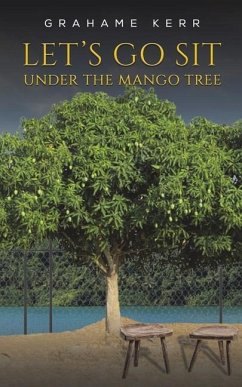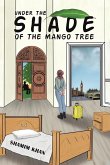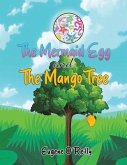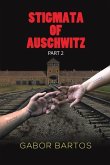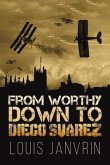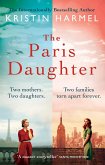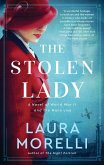Singapore in 1942 saw the greatest defeat of the British and Allied forces of WW2. Much has been written about the terrible time endured by the 85,000 troops who surrendered to the Japanese forces on 15 February 1942. Much less has been written about the circumstances surrounding the many civilians caught up in the fighting and subsequently interned or forced to endure occupation. Such was the speed with which the Japanese captured the Island that little time was given to removing resources that may assist them in furthering their aim of creating an Asian empire. One example is the fact that the island had become the centre for all the gold reserves of the Malay States and Singapore. The Japanese knew this and for nearly four years searched the island for the gold. To this day some of this gold may still be at large as no one ever kept a record of what gold was on the island and how much was consumed in paying the cost of the subsequent guerrilla warfare.
Hinweis: Dieser Artikel kann nur an eine deutsche Lieferadresse ausgeliefert werden.
Hinweis: Dieser Artikel kann nur an eine deutsche Lieferadresse ausgeliefert werden.

